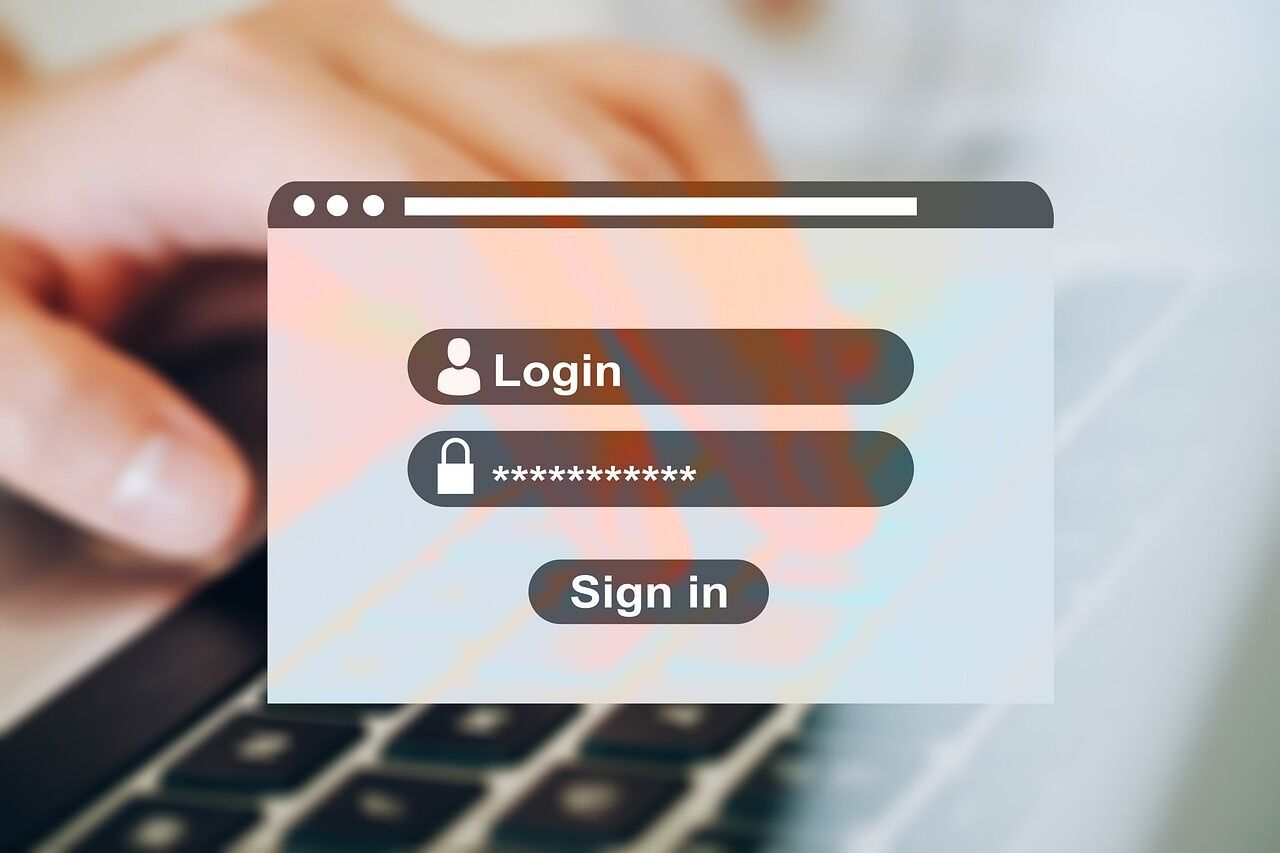6 ways to protect your travel account from cybercriminals

Travel accounts are a real treasure trove for hackers looking to steal travelers' private data. Such accounts on various travel services contain extremely confidential information: passport data, driver's license, dates of birth, travel itineraries, bank card information, passwords, etc.
Once cybercriminals have access to this data, they can see the victims and their plans in the palm of their hand. USA Today told us how to avoid becoming a victim of a hacker attack.
1. Two-factor authentication
Set up two-factor authentication (2FA) for all your travel-related accounts. An additional layer of protection that requires a special code in addition to your password will make life much more difficult for criminals.
They won't be able to access someone else's account unless they have direct access to the device that's linked to it.
2. Sign-in notifications
Turn on account login notifications to let you know if someone is trying to access sensitive information without your knowledge.
"Make sure you turn on as many security settings as possible for the platforms you use," advises cybersecurity expert Amir Sachs, CEO of Blue Light IT.
3. Unique passwords
One of the biggest mistakes tourists make is using the same password for multiple accounts. It is better to come up with the most effective set of letters and numbers, and then write it down in a hard-to-reach place.
If hackers can crack even one password, they won't get easy access to other accounts.

4. Safe use of Wi-Fi
Be vigilant when using Wi-Fi in public places: airports, hotels, and restaurants. Avoid connecting to public hotspots or download a VPN application. Hackers can intercept personal information if they have previously created a fake network or connected to a public network, so do not enter passwords or download personal files using public Wi-Fi.
5. Don't share too much
Don't disclose too much personal information on social media or unknown websites. Each of them can potentially be hacked by fraudsters who will gladly use other people's data for their criminal purposes.
6. Do not click on suspicious links
Don't click on suspicious links, as many hacking cases start with fishing, a technique where fraudsters pretend to be real travel sites or booking platforms to get your sensitive information.



















